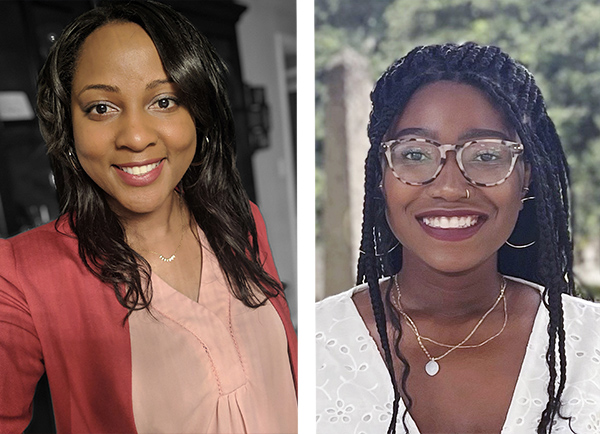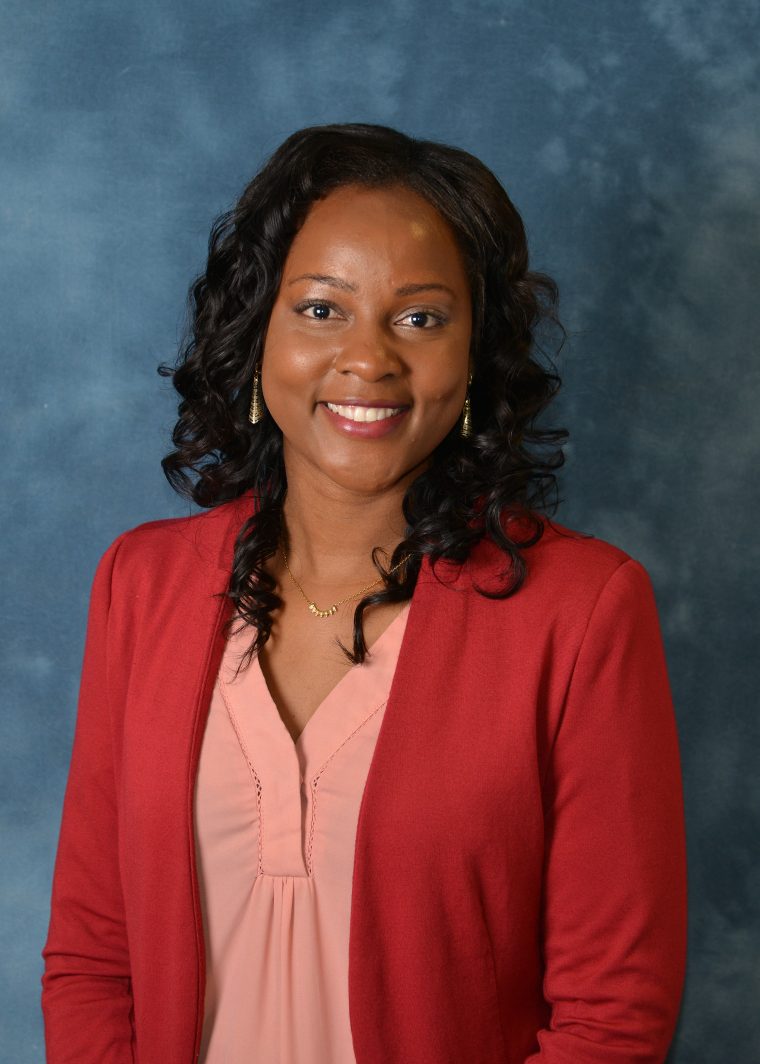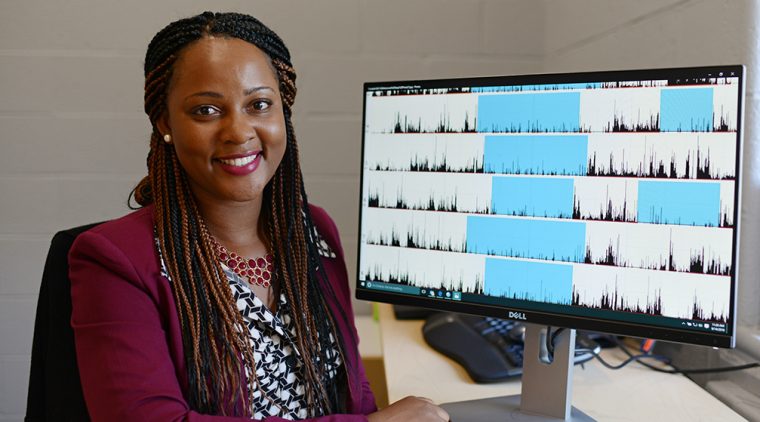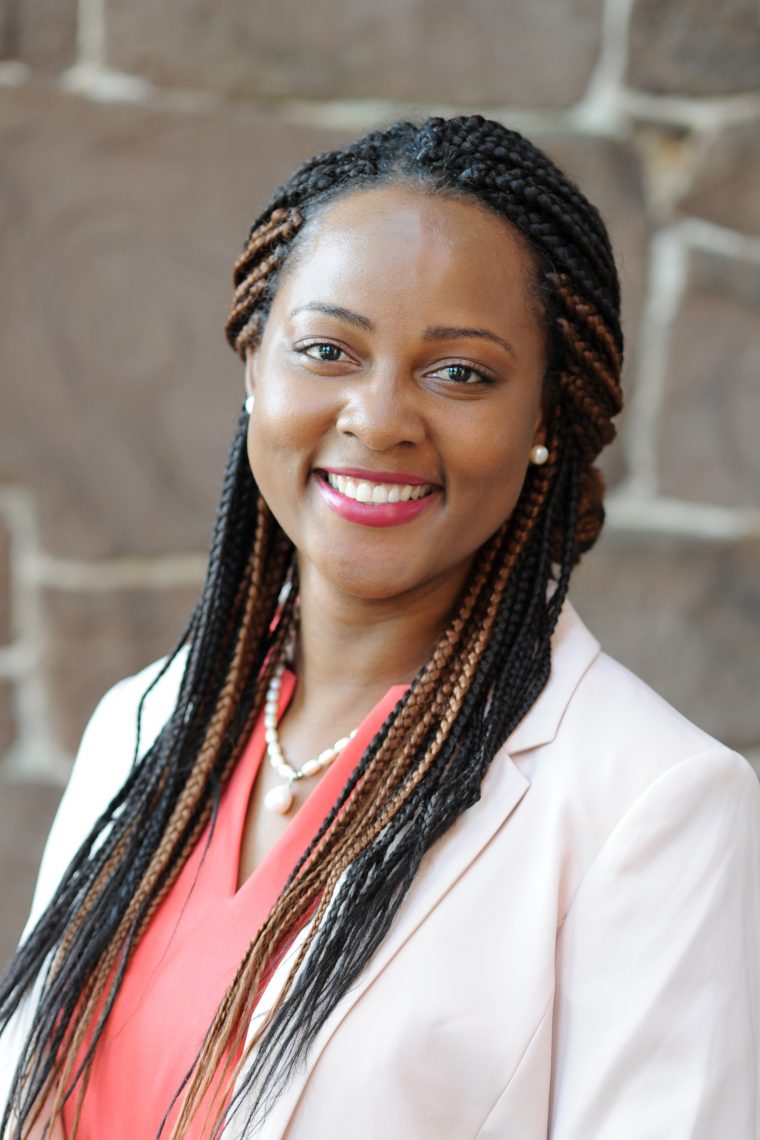Wesleyan’s intellectually dynamic faculty, students, alumni, staff, and parents frequently serve as expert sources for national media. Others are noted for recent achievements and accolades. A sampling of recent media hits is below: In The Washington Post, William Griffin Professor of Philosophy Lori Gruen is quoted in a story about neutering. In her early career, Gruen, who specializes in animal ethics, worked in shelters where she witnessed "perfectly healthy dogs destroyed" and the toll it took on employees. “The overpopulation issue sounds abstract,” she said. “But these are dogs whose lives end and the people who have to bring those…
So long are the days of slipping out the back door of a party to avoid confrontation with a date gone bad. Through social media, one can easily "ghost"— that is, cut off all communication without giving a reason. In a new qualitative study titled "Disappearing in the Age of Hypervisibility: Definition, Context, and Perceived Psychological Consequences of Social Media Ghosting," lead researcher Royette Dubar, assistant professor of psychology, and her former master's student Jhanelle Oneika Thomas '18, MA '19 investigated both the motives and psychological consequences of the act of ghosting. Dubar and Thomas discovered that this modern-age disappearing…
Assistant Professor of Psychology Royette Dubar leads the Sleep & Psychosocial Adjustment Lab at Wesleyan. She’s a developmental psychologist who studies the links between sleep and a range of indices, including emotional well-being, academic performance, quality of interpersonal relationships, and technology use, in adolescents and emerging adults. She has just launched a new study on the psychosocial impact of the COVID-19 pandemic among adolescents and the challenges that come with it, especially for college seniors. Your research focuses on sleep and psychosocial well-being among young people ages 15 to 29 years old. The pandemic and near-global shutdown has been extremely…
College-aged individuals are at an increased risk for mental health issues, as well as poor sleep. There is a rich body of research on the negative consequences of poor sleep for cognitive, physical, and mental functioning. Furthermore, several studies provide support for the importance of three basic psychological needs (autonomy, competence, and relatedness) for optimal mental well-being. Less well understood, however, is the issue of “directionality” between basic psychological needs and sleep as students transition across semesters. “In other words, it is not clear whether an individual’s perceived fulfillment of these basic psychological needs predicts improvements in sleep later on;…
Natural disasters are becoming more common all over the world. While the focus is often on restoring physical damage, these disasters also impact residents of the affected region psychologically in ways that are less well understood. In a paper published in the journal Traumatology on Feb. 7, Assistant Professor of Psychology Royette Tavernier, along with five student coauthors, examined the psychological impact of tropical storm Erika, which hit the Caribbean island of Dominica in August 2015. The data analyzed was based on a sample of 174 college-aged individuals who completed survey-based assessments of several psychosocial variables six months after the storm.…
In this recurring feature in The Wesleyan Connection, we highlight some of the latest news stories about Wesleyan and our alumni. Recent Wesleyan News 1. President Michael Roth publishes op-eds in The Washington Post titled, "We can't let cynics ruin college," and "What is college for? (Hint: It's not just about getting in.)." He also sat for an "On Leadership" interview with The Chronicle of Higher Education. 2. The Conversation: "The dangerous belief that white people are under attack" Assistant Professor of Psychology Clara Wilkins writes about her research on perceptions of reverse discrimination in light of recent societal trends. 3. Marketplace: "Here comes the tax bill…
Assistant Professor of Psychology Royette Tavernier Dubar has published a new paper examining the effects of technology use and face-to-face interactions with friends and family on adolescents’ sleep. Tavernier is the lead author on “Adolescents’ technology and face-to-face time use predict objective sleep outcomes,” now in press in Sleep Health, the Journal of the National Sleep Foundation. About 70 racially diverse high school students (11 – 18 years old) were recruited from three different high schools in a large city in the Midwest to participate in the study. Their sleep-wake habits were recorded for three consecutive nights using sleep monitoring…
The new school year ushers in a wide array of emotions for both new and returning students – from feelings of excitement over leaving home for the first time among first-year students, to anxiety and nostalgia over post-graduation plans among seniors. Amidst those emotions, students will face challenges in balancing their academic workload, socializing with friends, participating in extra-curricular activities, and maintaining family relationships — all within limited financial and time constraints. As the school year progresses, it may become increasingly challenging for students to strike a healthy balance across these various aspects of their university life. The unfortunate result for…







